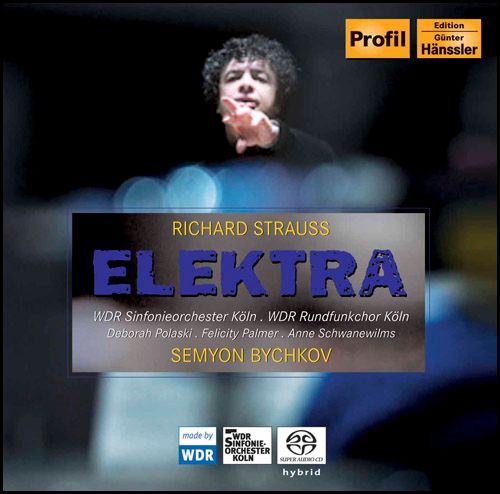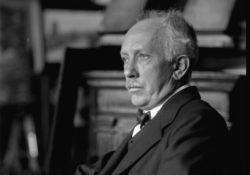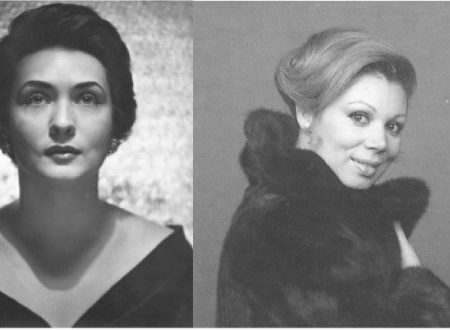Part of the Singers on Singing: Signature Roles series
Photo: Deborah Polaski as Elektra in Richard Strauss’s Elektra (Staatsoper Berlin, 1994)
Amidst her eclectically wide ranging repertoire of roles in operas by as diversely different composers as Beethoven, Berlioz, Wagner, Strauss, Puccini, Berg, Janáček, Poulenc, Wolf-Ferrari and Dallapiccola, to name just a few, Deborah Polaski has won especial worldwide acclaim for her vocal mastery and psychological subtlety in the immensely demanding parts of Brünnhilde, Isolde, Kundry, Elektra, the Marschallin, and the Dyer’s Wife – the roles by Wagner and Strauss that are forever some of the most taxing of all for a soprano.
Elektra has been one her most highly admired of all interpretations, ever since she made her debut in the part in Darmstadt back in 1984. Over a long period of time she has constantly reflected on the role and continually developed her portrayal of this character’s complexity, a vital element that is maybe not always fully taken on board by Elektra singers in the light of the temptation to focus most of all on her violence.
The intricacies of the part are some of the many issues that Deborah Polaski elucidates on in detail in this Signature Roles feature, which includes musical illustrations from her recording of the opera with Semyon Bychkov conducting that is issued by Hänssler CLASSIC on its Profil Medien label, catalogue number PH05022. Full details can be found at http://www.haensslerprofil.de/.
We are extremely grateful to Hänssler CLASSIC for generously agreeing the use of these extracts.
The feature is approximately divided into these topic segments:
- 00’00” to 10’10” Introductory overview of the opera’s background and Elektra’s situation
- 10’10” to 17’18” General overview of the approach to the vocal interpretation of Elektra
- 17’16” to 21’45” Elektra’s relationship with her dead father
- 21’45” to 25’25” Elektra’s relationship with her mother
- 25’25” to 29’36” Elektra’s relationship with her sister
- 29’36” to 34’39” Elektra’s relationship with her sister a propos their dead father
- 34’39” to 38’29” Elektra’s relationship with her brother
- 38’29” to 40’59” Elektra’s relationship with her brother a propos their dead father
- 40’59” to 47’00” Concluding summary of the interpretative approach to the opera and its effect on the public
Singing the roles of Klytemnestra, Chrysothemis and Orest are, respectively, Felicity Palmer, Anne Schwanewilms, and Franz Grundheber.
The producer of this feature is Jon Tolansky, with whom Deborah Polaski is in conversation.
Elektra
Elektra: Deborah Polaski
Klytemnestra: Felicity Palmer
Chrysothemis: Anne Schwanewilms
Orest: Franz Grundheber
WDR Sinfonieorchester Köln
Conductor: Semyon Bychkov
Hänssler CLASSIC/Profil Medien: PH05022







